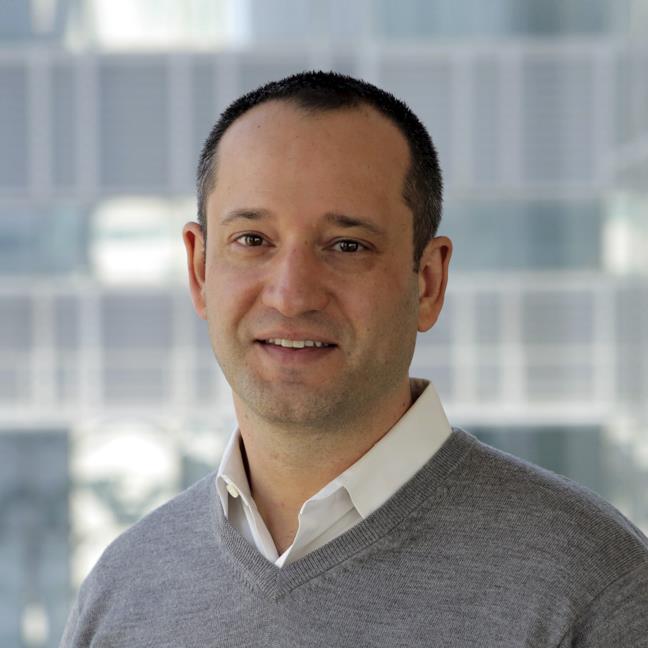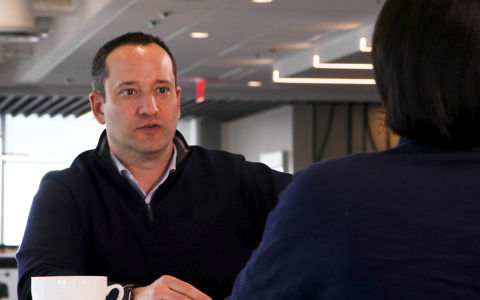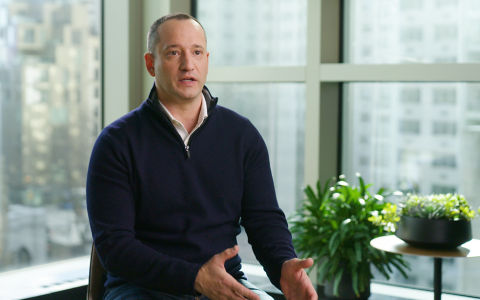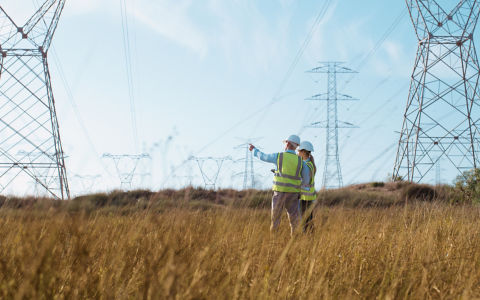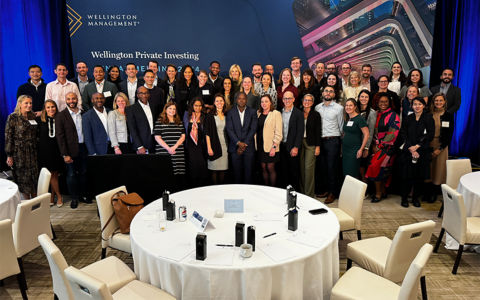ESG refers to the environmental, social, and governance standards that investors and other stakeholders can use to evaluate a company’s or issuer’s behavior and practices. Environmental (E) issues can include how a company or issuer recycles, manages water usage, lowers CO2 emissions, or disposes of waste. Social (S) issues comprise how a company manages relationships with employees, customers, vendors and suppliers, and the local community. Governance (G) issues can include board and leadership integrity, capital allocation, and executive compensation.














